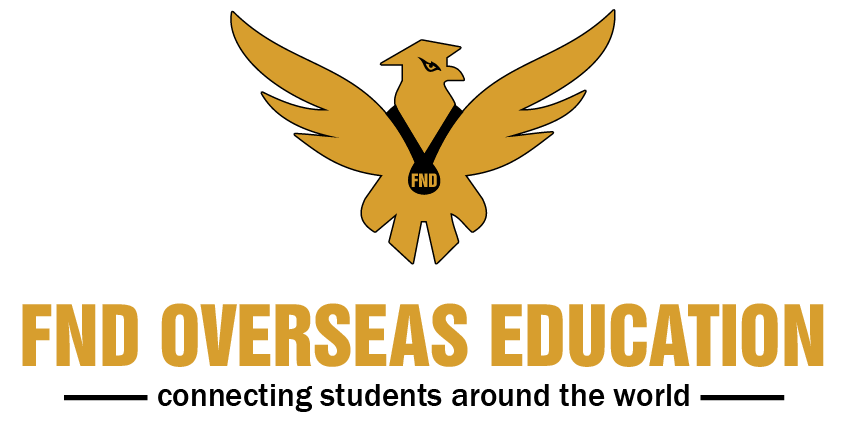USMLE Exam
In this section
Quick Contact
Important Resourses for USMLE
What is the USMLE?
The USMLE, or United States Medical Licensing Examination, is a three-part exam that international students must pass to practice medicine in the United States.
Who owns the USMLE?
The USMLE is owned by two entities:
- The Federation of State Medical Boards (FSMB), which represents state medical boards that issue medical licenses.
- The National Board of Medical Examiners (NBME), which develops and administers the USMLE exams.
Who can take the USMLE?
What does the USMLE assess?
The USMLE evaluates essential qualities in physicians necessary for patient care, including
- medical knowledge
- skills
- values, and
- attitudes
How many steps are there?
The USMLE consists of three stages:
- USMLE Step 1 evaluates fundamental knowledge and principles of basic sciences.
- USMLE Step 2 CK (Clinical Knowledge) assesses the application of medical knowledge in patient care.
- USMLE Step 3 serves as the concluding assessment for physicians taking on independent responsibility in medical practice.
Where can I take the USMLE?
- Prometric testing centers can be found in major cities globally, providing USMLE Step 1 and Step 2 CK exams.
- However, USMLE Step 3 must be completed within the United States.
Documents needed for the Exam
You need a valid government-issued photo ID, ideally a passport, to schedule the USMLE.
Overview of the USMLE Step Exams
Importance of the USMLE for Medical Professionals
The USMLE holds significant importance within the medical field as a standardized evaluation for professionals seeking licensure in the United States. It ensures that medical practitioners possess the necessary knowledge and skills to deliver exceptional patient care. Moreover, achieving a high score on the USMLE can bolster a candidate’s residency application, improving their prospects for securing preferred residency programs. Additionally, passing the USMLE is mandatory for international medical graduates (IMGs) to obtain certification from the Educational Commission for Foreign Medical Graduates (ECFMG), enabling them to practice medicine in the US
What is ECFMG certification, and why is it important?
ECFMG certification, short for Educational Commission for Foreign Medical Graduates certification, is essential for international medical graduates (IMGs) seeking to practice medicine in the United States. This certification is mandatory for participating in the National Resident Matching Program (NRMP), which matches medical graduates with residency programs. It verifies that IMGs meet the required standards to deliver high-quality healthcare within the United States.
What is the NBME and its role in the USMLE?
The NBME oversees the creation, administration, and scoring of the USMLE, ensuring its content’s integrity and reliability. They develop exam materials, set performance standards, and offer resources such as practice exams to aid candidates in their USMLE preparation.
What is Form 183, and what is its significance in the USMLE process?
Form 183 is a crucial document needed for international medical graduates (IMGs) applying for the USMLE. It verifies their medical education credentials and must be submitted to the ECFMG during the application process. Form 183 is necessary to establish eligibility for taking the USMLE exams and obtaining ECFMG certification.
Strategies for preparing and studying for the USMLE
Preparing for the USMLE is a long-term endeavor that demands commitment, strategic planning, and utilizing the right resources. Here’s a structured approach to guide you through:
Understand the Exam Format: The USMLE consists of three steps:
- Step 1: Focuses on basic sciences like anatomy, physiology, and pharmacology, assessed primarily through multiple-choice questions.
- Step 2 CK: Evaluates clinical knowledge, reasoning, and problem-solving skills through case presentations and MCQs.
- Step 3: Assesses clinical skills in a supervised clinical setting.
Create a Study Schedule: Begin studying early, ideally 6-12 months before your exam date. Customize your schedule to cover high-yield topics and weaker areas effectively. Incorporate regular breaks to prevent burnout.
Select Quality Resources: Consider FND Academy for comprehensive Step 1 and Step 2 CK preparation. They offer:
- Video lectures covering essential topics.
- Extensive question banks with detailed explanations.
- Interactive live sessions and learning tools for reinforcement.
Practice Regularly: Utilize practice questions to gauge your understanding, identify weaknesses, and refine test-taking strategies.
Seek Support: Join study groups or consult mentors for guidance and motivation throughout your preparation.
Maintain Wellness: Prioritize sleep, exercise, and healthy eating to sustain physical and emotional well-being during your studies.
Simulate Exam Conditions: Take practice tests under timed conditions to simulate the exam environment and improve pacing.
Stay Positive: Set realistic goals, celebrate progress, and stay motivated throughout your preparation journey.
By following these steps, you can systematically prepare for each USMLE step, ensuring thorough understanding and readiness for exam day.






